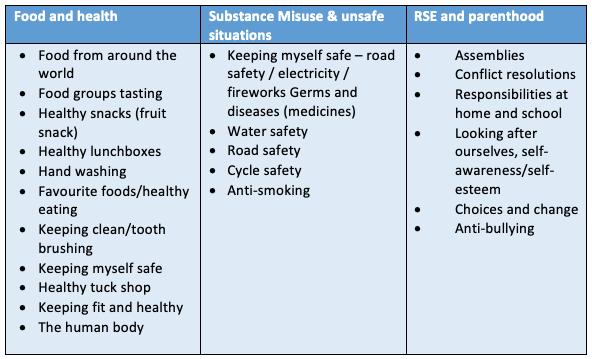Well-being
Mental Well-being at IQRA Primary School
IQRA Primary School is a mentally healthy school in which we adopt a whole-school approach to mental health and wellbeing. Here at IQRA we help children flourish, learn and succeed by providing opportunities for them, and the adults around them, to develop the strengths and coping skills that underpin resilience. IQRA Primary School sees positive mental health and wellbeing as fundamental to its values, mission and culture. We are a school where child, staff and parent/carer mental health and wellbeing is seen as ‘everybody’s business’. Every member of the school community: staff, parents and pupils, is valued and their mental health and well-being is catered for in a way that suits their individual needs.
What is our whole-school approach towards mental well-being?
Our whole-school approach is about developing a positive ethos and culture – where everyone feels that they belong. It involves working with families and making sure that the whole school community is welcoming, inclusive and respectful. It means maximising children’s learning through promoting good mental health and wellbeing across the school – through the curriculum, early support for pupils, staff-pupil relationships, leadership and a commitment from everybody.
Our whole-school approaches involve a school leadership team (governors, head teachers and senior managers) that:
- Understands the links between mental health and achievement.
- Champion and support mental health and wellbeing for children and staff, both strategically and practically as part of improvement planning
It relies on a staff team committed to helping all children develop the essential social and emotional skills they need to cope effectively with setbacks and remain healthy, through:
- Whole-schooland targeted, small group curriculum activity and through strengthening broader protective factors which promote children’s resilience and reduce risk factors both in the family, at school and more broadly in the community.
- Day-to-day contact and building healthy and strong protective relationshipswith children and families.
Health and wellbeing for our Pupils
We want all children and young people to be able to learn about health and wellbeing to ensure they acquire skills to live healthy, happy lives.
Health and wellbeing is also about ensuring that pupils are able to make the most of their educational opportunities regardless of their background or financial circumstances and through promotion of attendance at school.
We have provided a range of resources to ensure children feel happy, safe, included and respected in their learning environment.
Supporting staff wellbeing
Wellbeing is all about our holistic health, including the physical and emotional. When we have good levels of wellbeing we feel that life is in balance and that we can generally cope well. We feel motivated and engaged, we’re resilient and able to deal effectively with daily troubles, as well as ’bounce back’ from life’s challenges.
Good staff wellbeing is essential for cultivating a mentally healthy school, for retaining and motivating staff and for promoting pupil wellbeing and attainment.
Overview of well-being curriculum

Top tips to support children and young people

Be there to listen
Regularly ask how they’re doing so they get used to talking about their feelings and know there’s always someone to listen if they want it. Find out how to create a space where they will open up.

Support them through difficulties
Pay attention to their emotions and behaviour, and try to help them work through difficulties. It’s not always easy when faced with challenging behaviour, but try to help them understand what they’re feeling and why.

Stay involved in their life
Show interest in their life and the things important to them. It not only helps them value who they are but also makes it easier for you to spot problems and support them.

Encourage their interests
Being active or creative, learning new things and being a part of a team help connect us with others and are important ways we can all help our mental health. Support and encourage them to explore their interests, whatever they are.

Take what they say seriously
Listening to and valuing what they say, without judging their feelings, in turn makes them feel valued. Consider how to help them process and work through their emotions in a more constructive way.

Build positive routines
We know it still may not be easy, but try to reintroduce structure around regular routines, healthy eating and exercise. A good night’s sleep is also really important – try to get them back into routines that fit with school or college.
Here is a message from the worry wizard

